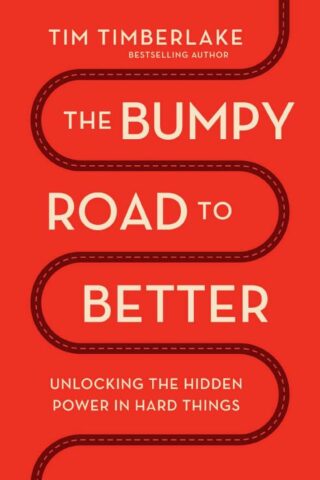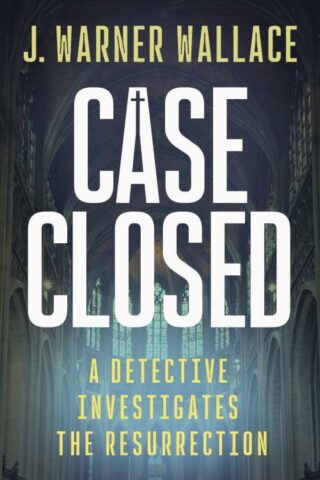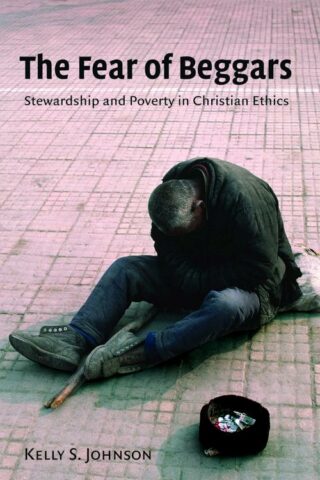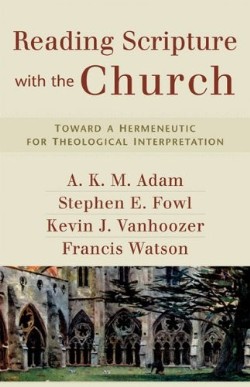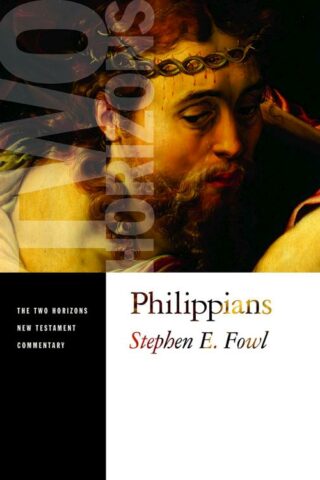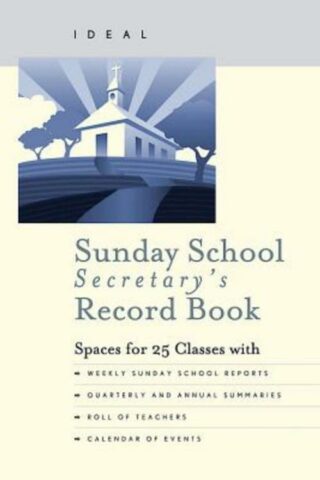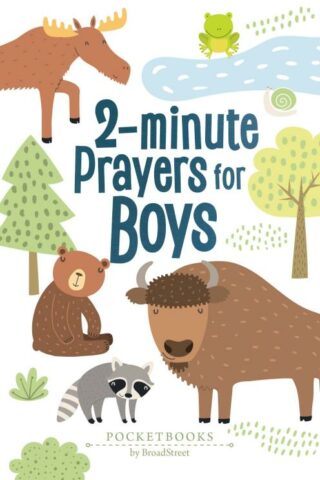Stephen Fowl
Showing all 3 resultsSorted by latest
-
Fear Of Beggars A Print On Demand Title
$26.99In the twenty-first century, the gap between the haves and have-nots is lengthening once again, and to American eyes, poverty is no longer limited to third-world countries. Yet often modern Christian thought on property is premised on the exclusion of the beggar from economic morality. Kelly Johnson asks the important question Why does Christian ethics so rarely tackle the question of whether to give to beggars? Examining both classical economics and Christian stewardship ethics as reaction to medieval mendicant debates, Johnson reveals both modern anxiety about dependence and humility and the importance of Christian attempts to re-imagine property relations in ways that integrate those qualities. Studying the rhetoric and thought of Christian thinkers, beggar saints, economists and others, Johnson places greatest emphasis on the life and work of Peter Maurin. Challenging and thought-provoking, The Fear of Beggars will expand what counts as a topic for Christian economic ethics into a richer, more complicated discussion.
Add to cartin stock within 3-5 days of online purchase



